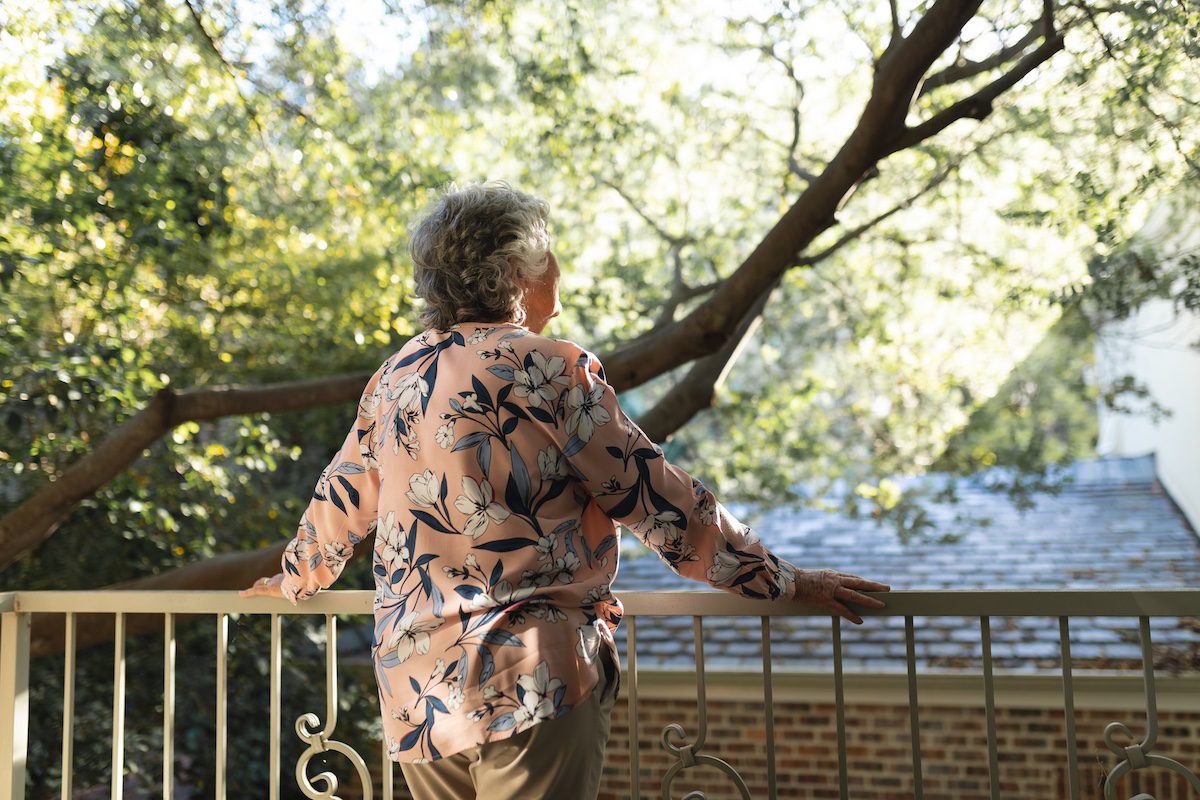Seasonal allergies are a common concern for people of all ages, but they can be particularly troublesome for seniors. As the weather changes with the seasons, older adults may experience a heightened sensitivity to pollen, mold, and other environmental allergens.
Managing these symptoms can be more challenging for seniors due to age-related changes in the immune system, underlying health conditions, and medications they may already be taking.
As a caregiver, it’s essential to recognize how seasonal allergies can affect seniors and learn strategies to provide relief. With the right care and precautions, you can help your loved one manage their allergies effectively while ensuring their comfort and well-being.
Understanding Seasonal Allergies in Seniors
Seasonal allergies, also known as hay fever or allergic rhinitis, occur when the body’s immune system reacts to environmental allergens like pollen, mold spores, and dust. While allergy symptoms can affect anyone, seniors may be more vulnerable due to various factors, including:
- Weakened Immune System: As people age, their immune system may become less responsive, making them more susceptible to allergic reactions and respiratory infections.
- Preexisting Conditions: Many seniors have chronic health conditions such as asthma, COPD (chronic obstructive pulmonary disease), or heart disease, which can complicate the management of allergy symptoms.
- Medication Interactions: Seniors often take medications for multiple health issues, which can sometimes interact with allergy medications or exacerbate side effects like drowsiness or dizziness.
- Changes in Sensitivity: Some seniors develop allergies later in life, while others may become more sensitive to allergens they weren’t allergic to before.
Recognizing these factors can help caregivers understand the increased risks seniors face during allergy season and how best to support them.
Common Allergy Symptoms to Watch For
As a caregiver, it’s important to monitor any changes in your loved one’s health, especially during allergy season. Common symptoms of seasonal allergies in seniors include:
- Sneezing or nasal congestion
- Runny nose
- Watery or itchy eyes
- Coughing or a sore throat
- Fatigue or difficulty sleeping
- Wheezing or shortness of breath, particularly for those with asthma or other respiratory conditions
If your loved one exhibits these symptoms, it’s essential to consult with their healthcare provider to determine if allergies are the cause and discuss treatment options.
Tips for Managing Seasonal Allergies in Seniors
1. Keep Indoor Air Clean
Since allergens like pollen can easily enter the home through open windows, it’s important to ensure the indoor environment is as allergen-free as possible. Here are a few steps you can take:
- Use air purifiers: Invest in high-efficiency particulate air (HEPA) filters to help reduce airborne allergens like pollen and dust in the home.
- Close windows: Keep windows closed during peak pollen season to prevent allergens from entering the home. Consider using air conditioning to keep the indoor temperature comfortable.
- Regularly clean air ducts: Have your HVAC system serviced and air ducts cleaned regularly to avoid a buildup of dust and allergens.
2. Keep the Home Clean and Dust-Free
Allergens such as dust mites and mold can accumulate in the home, triggering allergy symptoms. Regular cleaning can help minimize these triggers:
- Vacuum frequently: Use a vacuum cleaner equipped with a HEPA filter to clean floors, carpets, and upholstery regularly. This can help remove dust and other allergens from the environment.
- Wash bedding: Wash your loved one’s sheets, pillowcases, and blankets regularly in hot water to remove dust mites and pollen.
- Clean floors and surfaces: Wipe down hard surfaces with a damp cloth to remove dust and other allergens. Avoid using dry dusters, as they can stir up allergens into the air.
3. Manage Outdoor Exposure
If your loved one enjoys spending time outdoors, it’s important to limit their exposure to allergens during peak seasons. Here’s how to make outdoor activities safer:
- Choose the right times: Pollen levels are typically highest in the early morning and late afternoon, so try to schedule outdoor activities during times when pollen counts are lower.
- Encourage protective clothing: If your loved one needs to go outside, encourage them to wear sunglasses, a wide-brimmed hat, and long sleeves to minimize direct exposure to pollen.
- Shower and change clothes: After spending time outdoors, your loved one should wash their hands, face, and hair, and change into fresh clothes to remove any allergens they may have picked up.
4. Ensure Proper Medication Management
Seniors with seasonal allergies may need medication to manage their symptoms. However, it’s important to be mindful of potential interactions between allergy medications and other medications your loved one may be taking.
Here’s how to navigate allergy medication management:
- Consult with a doctor: Always consult with your loved one’s healthcare provider before starting any new allergy medications. Some medications may interact with existing prescriptions or exacerbate existing health conditions.
- Use antihistamines wisely: Over-the-counter antihistamines can be effective for treating symptoms, but they may cause drowsiness or interact with other medications. Non-sedating antihistamines like loratadine or cetirizine may be a safer option for seniors.
- Monitor for side effects: Keep an eye out for any side effects from allergy medications, such as dizziness, confusion, or difficulty with coordination. If you notice these symptoms, contact their healthcare provider for further advice.
- Consider nasal sprays: Nasal corticosteroid sprays can be effective for treating congestion without the sedative side effects of oral antihistamines. Again, consult with a doctor before use.
5. Keep Them Hydrated
Fluids play a crucial role in managing allergy symptoms, especially when the body is trying to combat inflammation. Encourage your loved one to drink plenty of water throughout the day.
Hydration helps to thin mucus, making it easier to clear from the sinuses, and it also helps to reduce the dryness or irritation in the throat that often accompanies allergies.
6. Support Their Immune System
A strong immune system can help the body combat allergens more effectively. To support your loved one’s immune system:
- Encourage a healthy diet: A balanced diet rich in fruits, vegetables, and lean proteins provides essential nutrients like vitamins C and E, which can help support immune function. Omega-3 fatty acids, found in foods like salmon and walnuts, may also help reduce inflammation.
- Promote regular exercise: As long as it’s approved by their doctor, regular physical activity can help improve immune function and overall health. Exercise also improves circulation, which can help alleviate congestion.
- Consider supplements: In consultation with their healthcare provider, consider vitamin supplements or natural remedies, such as honey or vitamin D, that may help manage allergy symptoms.
Final Thoughts
Seasonal allergies can be particularly challenging for seniors, but with the right strategies, caregivers can help their loved ones navigate allergy season comfortably.
Remember, always consult with a healthcare provider before starting new treatments or medications, and stay vigilant for any signs that might indicate a more serious reaction. With the right care, seniors can enjoy a comfortable and allergy-free season.


